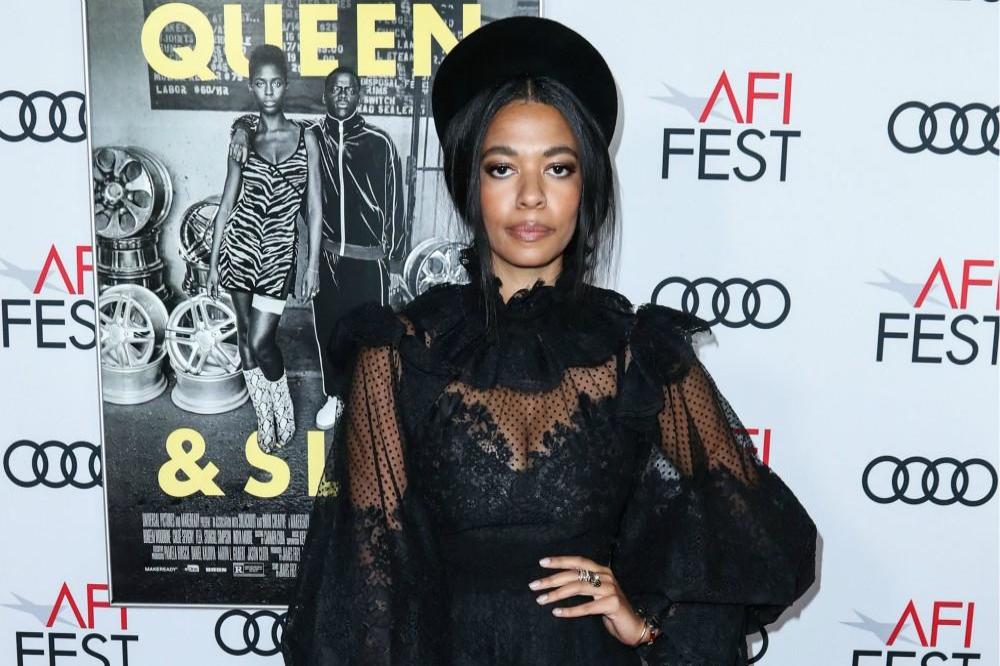Aurora James plans to fight "tooth and nail" for her fashion brand amid the coronavirus pandemic.

Aurora James
The 35-year-old fashion designer is the founder and creative director of Brother Vellies, a shoe and handbag brand which stocks handcrafted products from South Africa, Ethiopia, Kenya, and Morocco.
Following the global health crisis, many small businesses faced financial hardship and the fashion industry was hit hard, but Aurora has insisted she will continue to "fight for [her] company" to stay in business.
She said: "I'm a fighter. I started Brother Vellies at a flea market and fought my way into every scenario, tooth and nail. I'm always going to fight for my company - and for people that haven't had the same opportunities."
And Aurora says she wasn't thinking about "shoes and handbags" when the coronavirus pandemic struck, as she was more worried about her "community" than her assets.
She added: "[I thought] 'Oh, no - my little hive's in trouble.' I've always thought of Brother Vellies as this community, and here we all were, watching the world collapse - it was like a movie. The last thing you're thinking about are shoes and handbags."
The designer - who is of Canadian and Ghanian descent - also explained how she came up with the idea for her brand, saying she wanted to help uplift communities without erasing their heritage.
She said: When the British came to South Africa and saw the shoes they made - the veldskoene, or vellies, a rawhide design originated by the nation's Khoisan people - they took those ideas and founded Clarks. When I went, there were a few workshops still making them, and they were at risk, so I started working with them on new colours and shapes. Brother Vellies was born out of that."
Aurora is also behind the 15 Percent Pledge campaign following the Black Lives Matter movement, which sees major retailers in the US agree to commit to buying at least 15 percent of their stock from Black-owned businesses.
Speaking to Vogue about the campaign, she explained: "I saw all these people and companies saying how they stood with me and supported Black Lives Matter. I was reading it but not feeling it - there was an emotional disconnect. I processed it in two ways: first as a Black woman and then as a businessperson.
"A lot of people, when they're starting movements, they'll do focus groups and think tanks, but this was just my ask as a businesswoman - and I wanted to put it out while these retailers were busy telling me all these things that just didn't resonate with me as a human."

